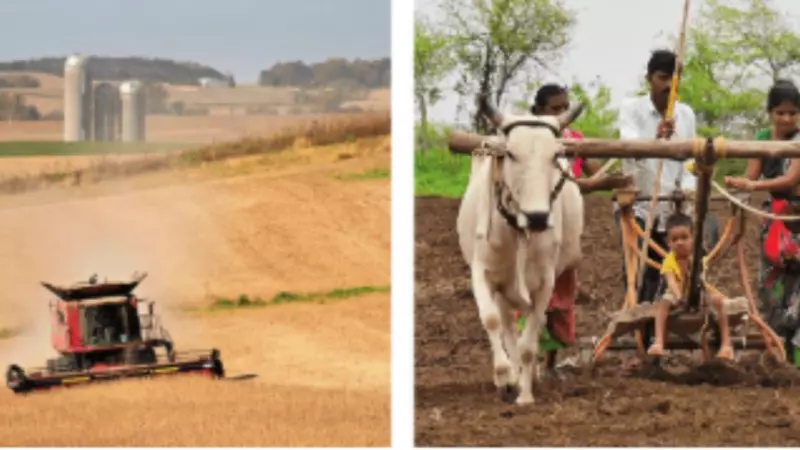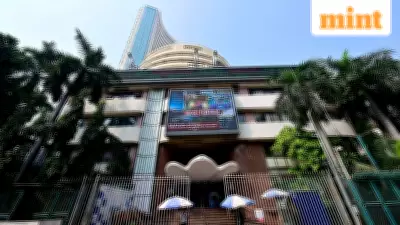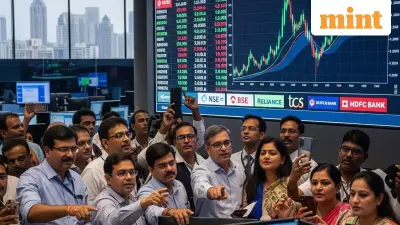
In the intricate world of international trade, India finds itself walking a political tightrope when it comes to soybean and corn imports. The government's delicate balancing act involves multiple stakeholders with competing interests, creating a complex web of economic and political considerations.
The Farmer-Lobby Conundrum
At the heart of this political drama lies the eternal conflict between protecting domestic farmers and securing affordable food supplies for consumers. Strong agricultural lobbies exert significant pressure on policymakers, making every import decision a potential political landmine. The government must carefully calculate the timing and volume of imports to avoid alienating its crucial rural voter base.
Global Trade Negotiations
India's position in international trade forums adds another layer of complexity. The country often finds itself negotiating with major soybean and corn exporters like the United States, Brazil, and Argentina. These discussions extend beyond mere commodity purchases, becoming strategic tools in broader diplomatic and trade relationships.
Key Challenges in Agricultural Imports:
- Balancing price stability with farmer welfare
- Managing inflation concerns while protecting domestic agriculture
- Navigating international trade agreements and restrictions
- Addressing supply chain vulnerabilities
The Price Puzzle
Market dynamics play a crucial role in these political calculations. When global prices drop, the pressure to import increases to control domestic inflation. However, this immediately triggers resistance from farming communities who fear being undercut by cheaper imports. The government's tariff and quota mechanisms become critical instruments in this high-stakes balancing act.
Strategic Stockpiling
India has been developing more sophisticated approaches to managing these commodity imports. Strategic reserves and buffer stocks help smooth out price volatility while providing the government with tools to intervene in markets when necessary. This approach allows for more calculated import decisions rather than reactive responses to price spikes.
The politics of soybean and corn imports represent a microcosm of India's larger economic challenges – how to integrate with global markets while protecting domestic interests. As the world's population grows and climate change affects agricultural patterns, these political calculations will only become more complex and consequential for India's food security and economic stability.





